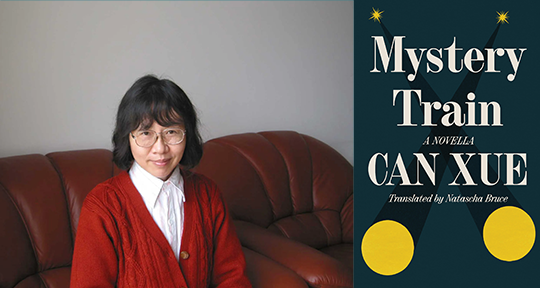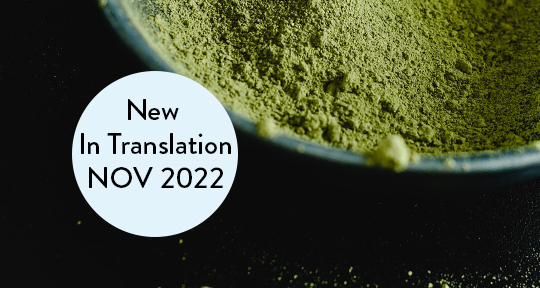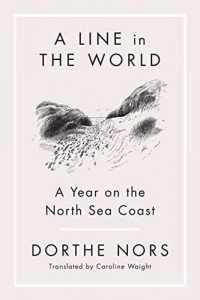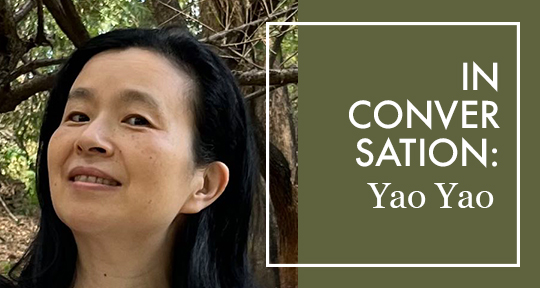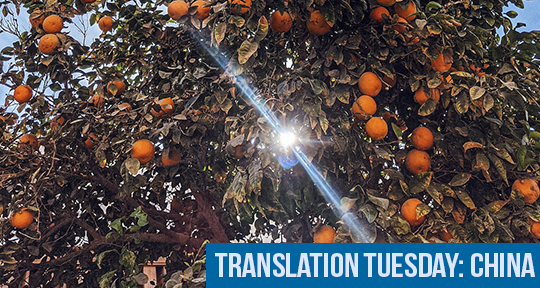In this week’s roundup of literary news, we are paying tribute to the legacy of monumental writers. As Hong Kong mourns the recent loss of one of the country’s emblematic authors, Xi Xi, the Czech Republic commemorates the 100th anniversary of Jaroslav Hašek’s passing. In Guatemala, beloved writer of personal and continent-spanning histories, Eduardo Halfon, takes a new step into global recognition. Read on to find out more!
Charlie Ng, editor-at-large, reporting from Hong Kong
Renowned Hong Kong writer Cheung Yin, more commonly known by her pen name Xi Xi, passed away on December 18, 2022 from heart failure. Originally born in Shanghai, Cheung came to Hong Kong in 1950 at the age of twelve. She was educated at Heep Yunn School and the Grantham College of Education, and became a primary school teacher after graduation. Among her most prominent works are My City and Flying Carpet, both urban novels that reflect everyday lives and the transformation of Hong Kong. Another acclaimed novel, Mourning a Breast, is a semi-autobiographical work based on Cheung’s own experience of fighting breast cancer. Cheung also wrote poems and was prolific in essays, often published as articles for newspaper columns. Her most recent publications include the historical novel The Imperial Astronomer and the poetry collection Carnival of the Animals.
Loved by all generations of readers, Cheung is known for her playfulness, imagination, and experimental techniques. Blending real and fantastic elements, some of her works are described as embodying a style of “fairy-tale realism.” The Chinese characters of her pen name, Xi Xi 西西, represents the image of a little girl in skirt playing hopscotch. Cheung was awarded the Newman Prize for Chinese Literature and the Cikada Prize in 2019, and the Life Achievement Award of the 16th Hong Kong Arts Development Awards in 2022. A memorial service was held at Cheung’s alma mater, Heep Yunn School, on January 8 to commemorate her literary achievements, and on January 14, another memorial meeting was organised in Taipei, in which Hong Kong and Taiwan writers gathered to recite her works. Her translator, Jennifer Feeley, who translated Not Written Words and Mourning a Breast, also wrote a memorial, “A Translator Like Me” (available in both English and Chinese) to honour the lauded writer.


